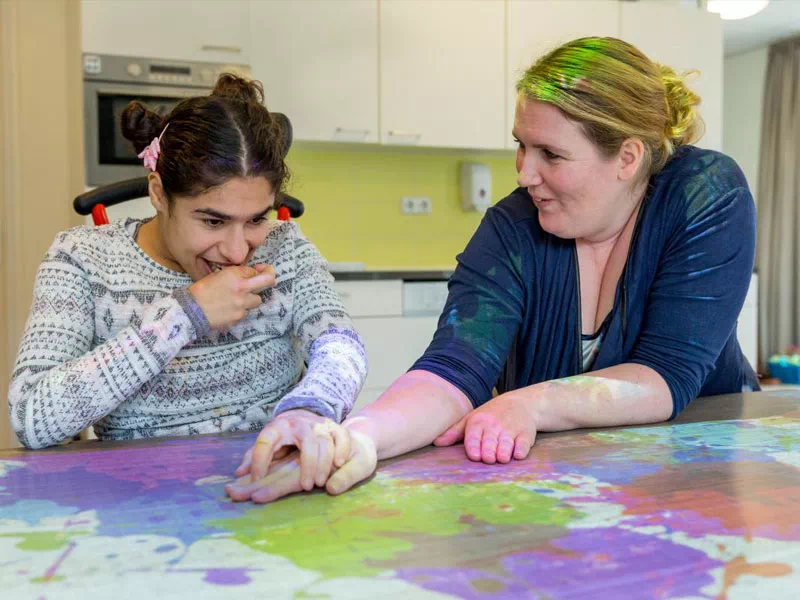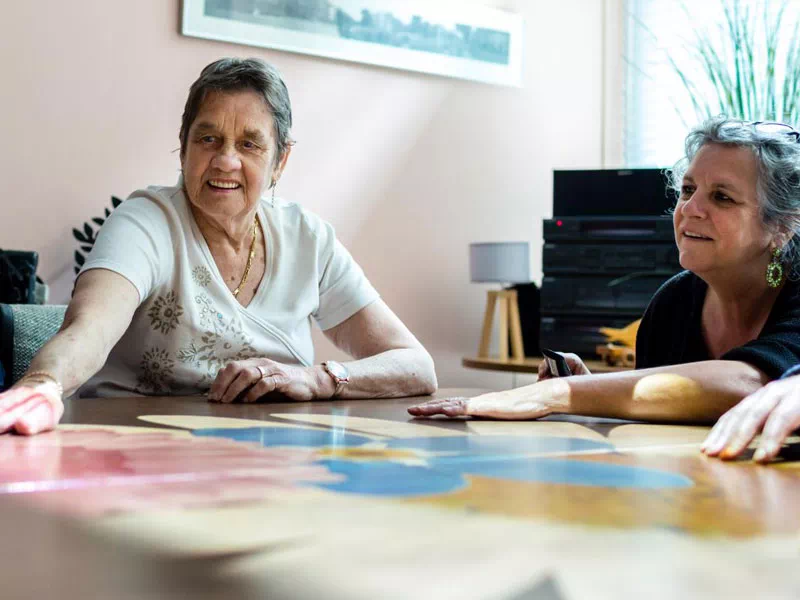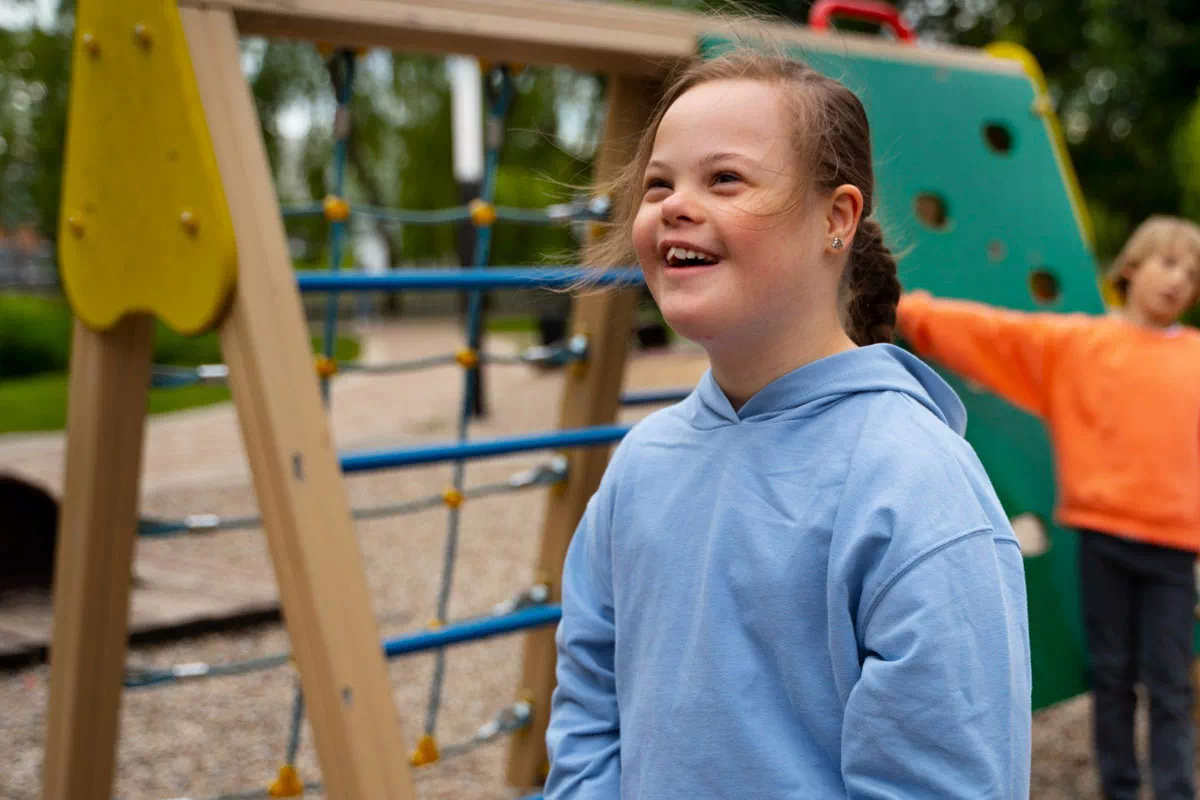What Do We Promote?
Our programmes for individuals with special needs reflects our commitment to work hard on behalf of some of the most marginalised groups within society.
Health
Engaging in physical and exergaming activities not only enhances the physical and mental well-being of individuals with special needs but also boosts their confidence. These activities serve as the cornerstone of our programs, yielding significant improvements in participants.
Achievement
We advocate for the effective education of those with special needs, encouraging them to value learning and improve their skills. We support courses for candidates showing dedication and the potential for additional tuition or career-oriented certification and training
Support
Through mentorship and counselling, we offer essential assistance to empower young people with special needs in overcoming the challenges they encounter as they transition into adulthood. By surmounting these obstacles, they are better equipped to realize their full potential.
Social Bonds
Establishing a supportive network for emotional well-being nurtures a sense of community and cultivates strong interpersonal skills among individuals with special needs, enabling them to navigate life’s challenges with confidence and resilience.
Physical Activities
Physical activities offer substantial benefits for individuals facing challenges like ADHD and other cognitive impairments. In the context of ADHD, regular exercise has been shown to improve attention, impulse control, and executive functions. Physical activity releases neurotransmitters like dopamine and norepinephrine, which play a crucial role in cognitive regulation.
For those with other cognitive challenges, such as memory impairment, engaging in physical activities can enhance overall brain function. Aerobic exercises, in particular, promote the release of brain-derived neurotrophic factor (BDNF), fostering the growth and maintenance of neurons. This contributes to improved memory, cognitive flexibility, and problem-solving skills.
In both cases, physical activities provide a holistic approach to cognitive well-being. They not only offer immediate cognitive benefits but also support long-term brain health, underscoring the importance of incorporating regular exercise into the lives of individuals facing cognitive challenges.


Mental Stimulation
Cognitive stimulation plays a pivotal role in benefiting individuals facing challenges such as dementia and ADHD. For those with dementia, engaging in mentally stimulating activities, such as puzzles, memory games, and reminiscence therapy, can help maintain cognitive function, slow down cognitive decline, and enhance overall well-being. These activities provide a structured and supportive environment, improving memory recall and fostering a sense of accomplishment.
Similarly, individuals with ADHD can benefit from cognitive stimulation that involves activities promoting focus, attention, and executive function. Mindfulness exercises, interactive learning tasks, and strategic games contribute to improved concentration and self-regulation skills. By providing cognitive challenges tailored to the individual’s needs, cognitive stimulation not only enhances cognitive abilities but also boosts self-confidence and a sense of control, significantly improving the daily lives of those facing these challenges.
The next step…
Find out more about our programmes for those with special needs
We develop programmes that are geared towards providing a fun and engaging experience. We actively seek to stimulate the mind during physical education sessions, thus producing benefits for both mind and body.
